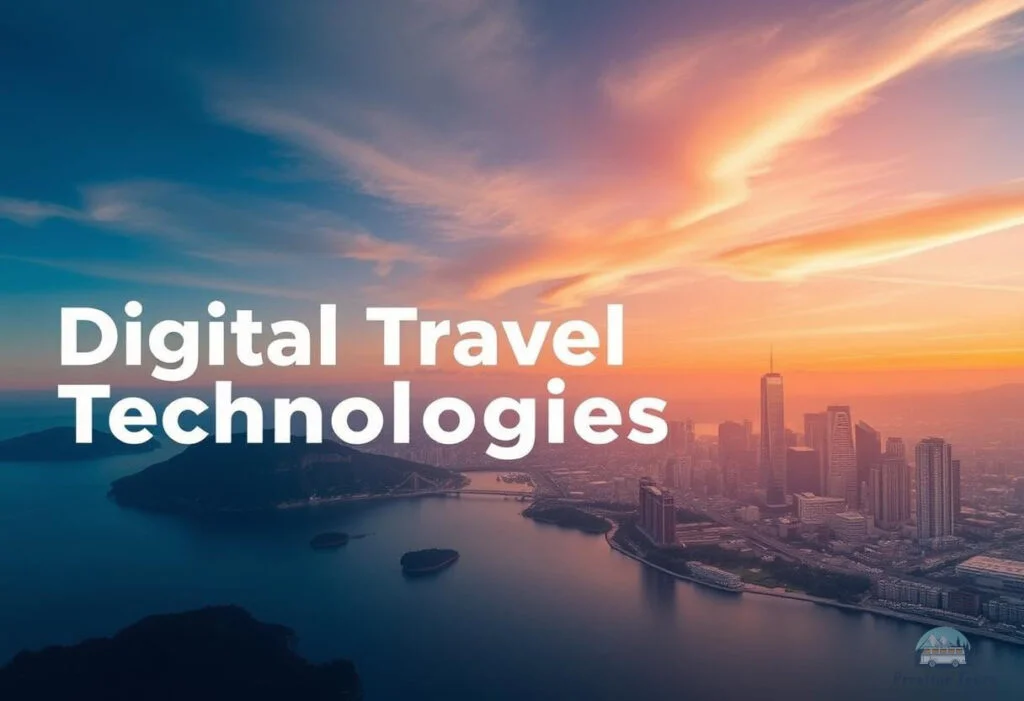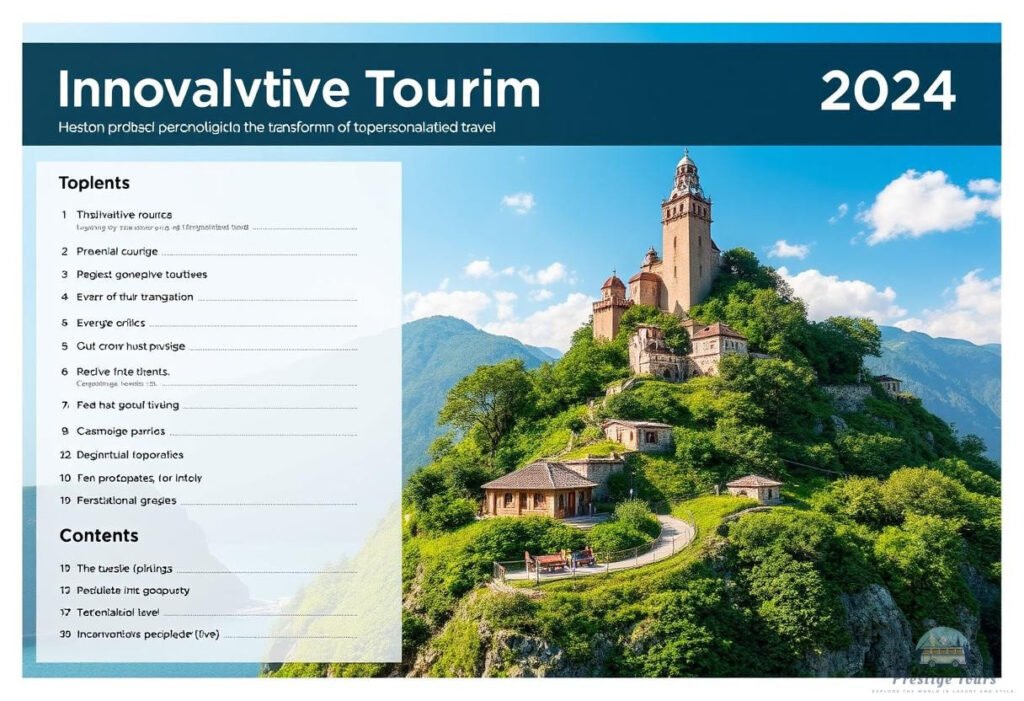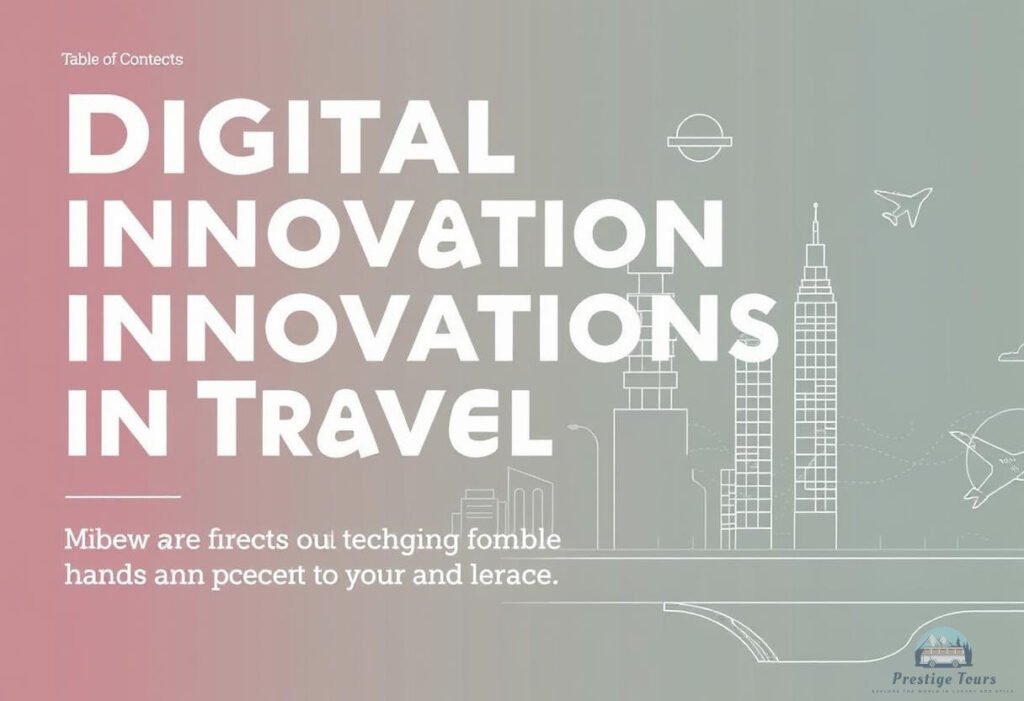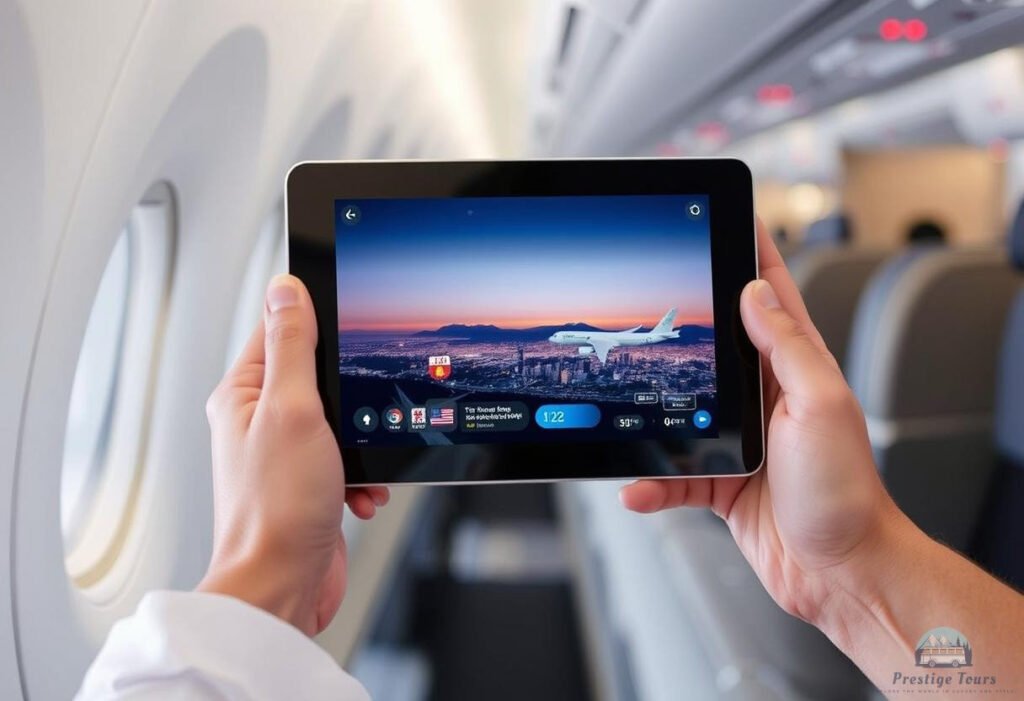Travel Synergy: Reimagining Tourism through Innovation in Air Travel, Unique Accommodations and Gastronomic Experiences
The modern world of tourism is changing rapidly, and the concept innovative tourism is becoming increasingly relevant. Travel, which was previously limited to traditional routes and schemes, now includes both air travel and unique accommodation options, as well as gastronomic adventures. This allows you to explore new cultural horizons and connect people with the historical and culinary traditions of different nations.
Innovations in Air Transport
Air travel has become more accessible and comfortable in recent years due to the introduction of new technologies and approaches. Many airlines have started using eco-friendly aircraft, which not only helps reduce the carbon footprint, but also improves passenger comfort. For example:
- Introduction of biofuel technologies in aviation.
- Developing unmanned technologies to reduce costs and increase safety.
- Using big data to optimize routes and improve punctuality.
The use of such innovations makes air transportation more efficient, which in turn influences the formation of new tourist routes and opportunities.
Unique Accommodation
The tourism accommodation sector has also seen significant changes. Booking platforms like Airbnb offer travellers the opportunity to stay in unconventional places, such as:
- Historical buildings and castles.
- Ecotours with accommodation in wooden tree houses.
- Apartments in major city centers that offer a unique local experience.
This not only diversifies the tourist experience, but also contributes to financial support for local communities and the preservation of cultural heritage.
Gastronomic Delight
Gastronomic tourism is one of the important aspects innovative tourism. In recent times, travelers are eager not only to see new places, but also to try local cuisines. This has led to the emergence of:
- Food festivals and gastronomic tours.
- Culinary master classes in local restaurants.
- Collaborating with local farmers to source fresh ingredients.
As a result of such gastronomic adventures, tourists not only enjoy local dishes, but also learn more about the culture and traditions of the peoples.
Real Examples and Statistics
According to the latest figures released by the World Tourism Organization, the number of international tourists is expected to grow to 1.8 billion by 2025. This growth is driven not only by traditional tourism, but also innovative tourism, providing new opportunities for explorers and adventurers. For example, research has shown that 60% tourists want to try unusual foods during their trips.
Thus, considering innovative tourism, we can identify a unifying concept that not only aims to make travel more convenient and accessible, but also offers travelers a unique experience filled with cultural, gastronomic and environmental aspects.
Additional information is available on the Innovations in Tourism page and on the resource World Tourism Organization.











